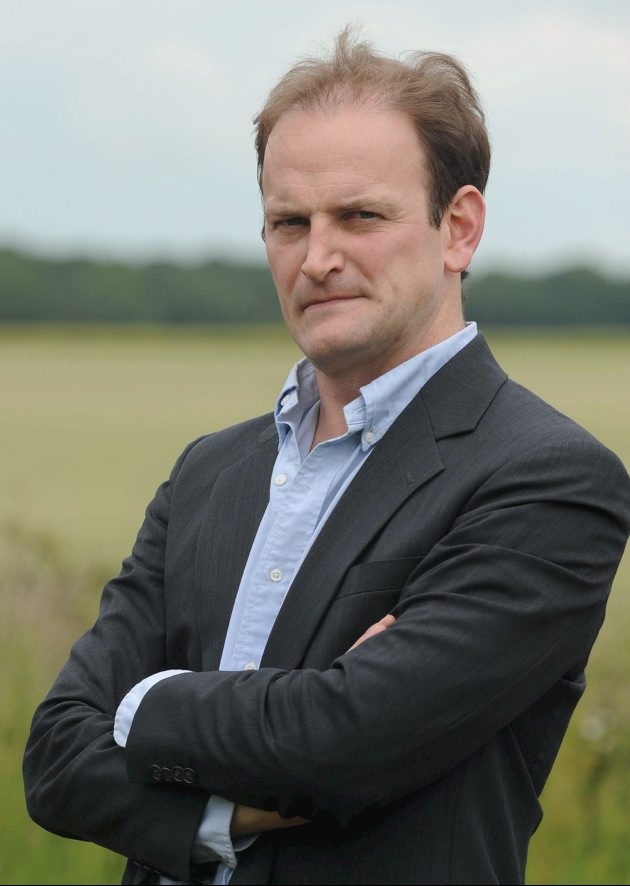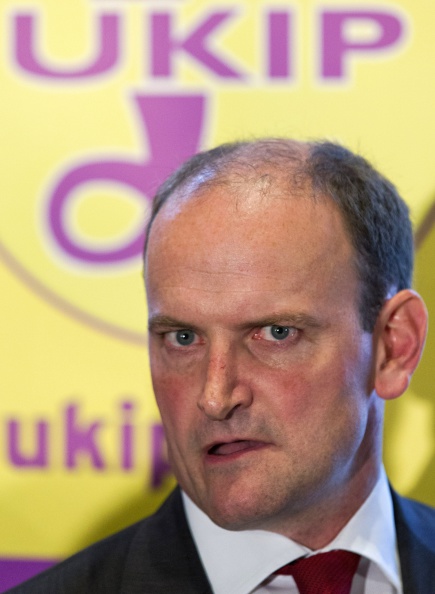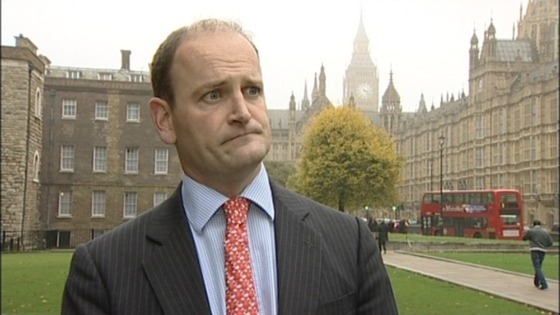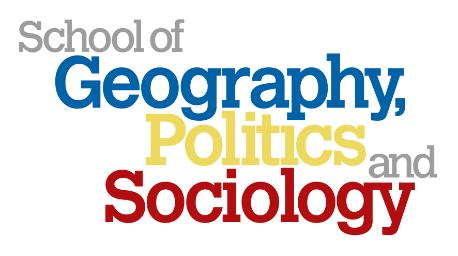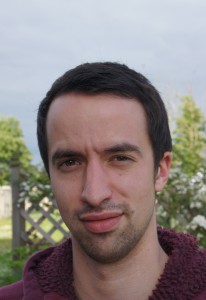
After relentless pressure from my fellow postgraduate politics blogger, and academic social media guru, Craig Johnson (his blog is awfully good, and he counts all the views so please give him a read), I’ve decided to write a summary of my first year here at Newcastle (Whaaa what? First year? See bio for details). Hopefully this will give you a feel for what it is like taking that step up to masters level, especially one which is focused on research methods/training (MA Politics Research). Or maybe it won’t. Mostly though, it will be a reflection on my own personal experience as, if we are honest, you can’t ever really know that you can do something (or will enjoy it) unless you try it first (MA Politics degrees at Newcastle University: Don’t delay, sign up today!). I’ll then finish it off by explaining what I’m working on for my dissertation and how it is shaping up so far. I’ve tried to inject this with humour, but if you don’t get it, well, that really is a sad state of affairs. So…
Firstly, from the beginning I’ve tried to be more involved in departmental and school activities at Newcastle than I ever had before at Sussex or Leeds. At Sussex and Leeds, especially Sussex, if I am honest I was quite lazy with taking part in things outside of my immediate friends or my own degree. This time I decided to go with this rule: If an opportunity came up, try and think ‘Why not?’ rather than look for an excuse to only concentrate on my own work or stay in and watch documentaries about John Major on Youtube. Unless it was an invitation to watch a circa-1960’s, subtitled, 3-hour black and white film about Scandinavian fishing communities. Then, like before, I would still say no.
This of course has meant taking on the role of updating this blog as a postgraduate ambassador for the Politics department, working at the Postgraduate Open Day and speaking at a small event for potential new Politics MA students. I also decided to take on the role of Postgraduate Taught School Rep, representing fellow PGTs in Geography, Politics and Sociology at both a school and faculty level. This has meant going to plenty of meetings, but they are often a lot more interesting than you would think and I have enjoyed getting my own, and other PGs, views across (most people who do politics have an opinion about pretty much everything, and I am certainly no exception to this particular rule, which helps).
I’m going to take up the role of PGR School Rep in October, after I was the unanimous choice of the two people who decide these things. Granted, I was the only person that applied, but in this world of strife and tumult, one should take the victories when they come. Questions/comments about the lack of democratic legitimacy in this selection process can be left in the comments section, where I will ignore them.
Starting out on the MA Politics Research, it was interesting to discover that out of the four people in the introductory meeting, only myself and one other PG were full-timers. The third was a part-timer called Mike. The forth an Erasmus student who had got confused and had wondered into entirely the wrong meeting, never to be seen again. Not to say that she completely disappeared, though I have no evidence to the contrary.
Doing the Politics Research programme you actually spend very little time in the ‘Politics’ department with other politics postgrads, with most time spent in the faculty research training facilities with PhDers. This would often result in encounters with other non-research oriented MA students going like this:
MA student: I’ve not seen you in any modules, which ones do you do?
Me: Well, I don’t really do any of the politics modules; they are all mandatory HaSS modules on my programme….
MA student: What exactly do you do then?
Me: Um, well, at the moment I’m just finished introduction to quantitative metho…
MA student: Oh god, that sounds boring. I hate maths.
Me: I have to go now.
This could often be frustrating sometimes, as you don’t get to spend much time with other politics PGs in ‘work hours’. However what you miss out in this context, you make up with by how much you learn and progress in your research skills. That is, at the end of the day, why you do this specific programme and not a general one. A year on, I feel I have a much greater idea of what being a researcher means, and the process you go through doing it. I have a huge amount more to learn, but slowly, I hope, I’m getting better at it all the time. Yes.
I’ve also been pleased to have the opportunity to work on a side-project with one of my supervisors on behalf of the PSA, surrounding the teaching of transferable skills in UG university politics courses. Hopefully that will progress in the coming academic year.
I’m also currently well into the writing up phase of my dissertation, which is using a quantitative content analysis approach to map/measure the ideological cleavages and attitudes towards European integration amongst the current groupings of Conservative MPs/MEPs, using my own data set. It is certainly a challenge, and we will have to wait and see how it turns out, but nonetheless a challenge I’m enjoying.
After that it is on to start the PhD in October.
Thanks for reading.
Tristan
P.S. Look out for another exciting edition of ‘The View from 32 Book Club’ coming soon. In about 250 pages when I finish the next one.
P.P.S. I will try to do better blogs from the autumn. Perhaps.

